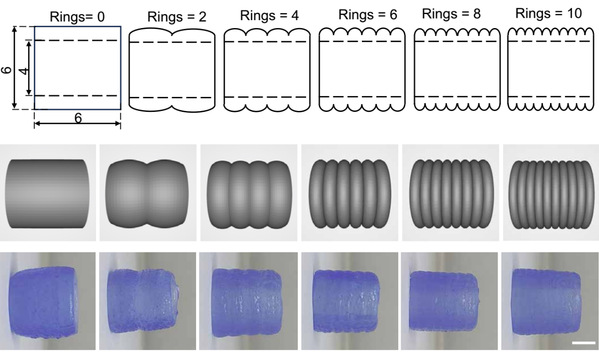Intestinal microbiome is closely related to human health as well as to the occurrence and development of various diseases, such as obesity, neurological diseases, intestinal inflammation, exogenous allergies, and even cancer. Regulating the gut microbiotais an emerging field of medical research with the potential to treat various health conditions and involves the intentional alteration of the composition and function of the gut microbiota. However, due to the short retention of oral probiotics in the gut, it is difficult to play a long-term therapeutic effect. In addition, the complex environment of the gastrointestinal tract, microbiome disturbance, or intestinal inflammation can also affect the individual survival of probiotics, which in turn affects the survival and effectiveness of probiotics. Therefore, how to achieve oral delivery of probiotics and long-term retention and colonization of probiotics in the gut is the key to promote the efficacy of oral probiotics.
Recently, Professor Wang's team developed a 3D printed spiral tube-like cellulose scaffold for oral delivery of probiotics. A unique spiral tubular scaffold was constructed by 3D printing technology to effectively prolong the retention of 3D scaffolds and supported probiotics in the gut without invading nearby tissues. In addition, the use of cellulose as a delivery carrier can provide good conditions for the survival of related probiotics and maintain the proliferation activity of probiotics. At the same time, probiotics can accelerate the degradation of 3D scaffolders and promote the release of probiotics from scaffolders and related metabolites (such as SCFA), thereby improving and regulating gut-related diseases. The 3D printed spiral tubular cellulose scaffold loaded with probiotics can also be used as dietary fiber to regulate the intestinal ecosystem, improve the disorder of intestinal flora, reshape the structure of intestinal flora, regulate the intestinal immune microenvironment and thus improve the health of the body, providing a new possibility for the treatment of various intestinal diseases. Relevant results have been published in the Journal of Science Advances. The first author of this paper Yue Zhang is a doctoral candidate in our college.

Fig. 3D printed spiral tube–like cellulose scaffold
Link to paper:https://www.science.org/doi/10.1126/sciadv.adp3654
Title:3D Printed Spiral Tube-like Cellulose Scaffold for Oral Delivery of Probiotic
Authors:Yue Zhang, Chenmeng Zhou, Bo Tian, Jialu Xu, Xiaoyu Wang, Huaxing Dai, Heng Wang, Fang Xu, Chao Wang*
Editor: Danting Xiang, Xin Du